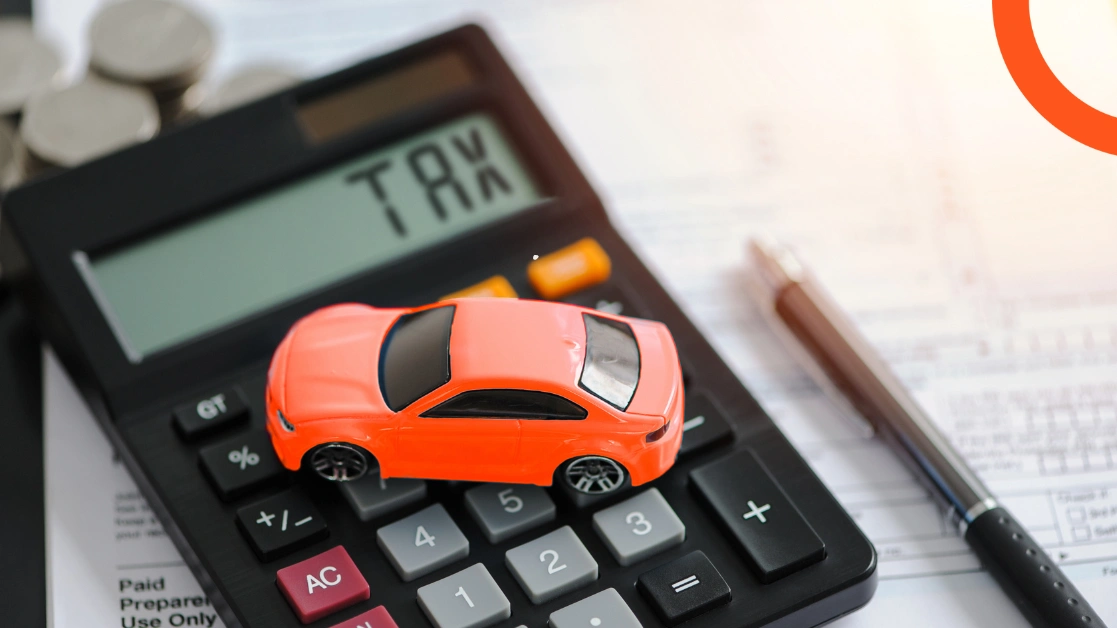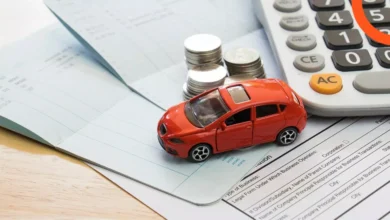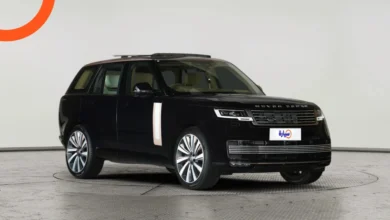Used Car Tax in Saudi Arabia, A Comprehensive Guide
In recent years, the Saudi Zakat, Tax, and Customs Authority has made many amendments regarding the value-added tax on used cars, exemptions, and refund possibilities, prompting individuals to know how to calculate the tax value before buying a used car. In the following lines, we will provide you with a comprehensive guide on used car tax, the factors affecting its determination, and how to pay it in detail.
Best Used Car Deals in Saudi Arabia
What is the used car tax?
It is a tax imposed by the Zakat, Tax and Customs Authority on used cars at 15% of the profit value. This tax is imposed on business owners or dealerships specializing in the sale of used cars.
Cases where used car tax is not imposed
There are many cases where the value-added tax may be imposed on used cars, but there is only one exceptional case where the car is exempt from tax. According to the General Authority for Zakat and Income, selling a car from an unregistered individual who does not engage in economic activity to another individual for the purpose of change and renewal, not profit or trade, is not subject to value-added tax. In other words, an ordinary person selling their used car to another person will not incur value-added tax on that transaction. However, if the sale is through a registered dealership in the value-added tax system, the car will be subject to a 5% tax added to the final price of the vehicle.
Value-added tax on used cars
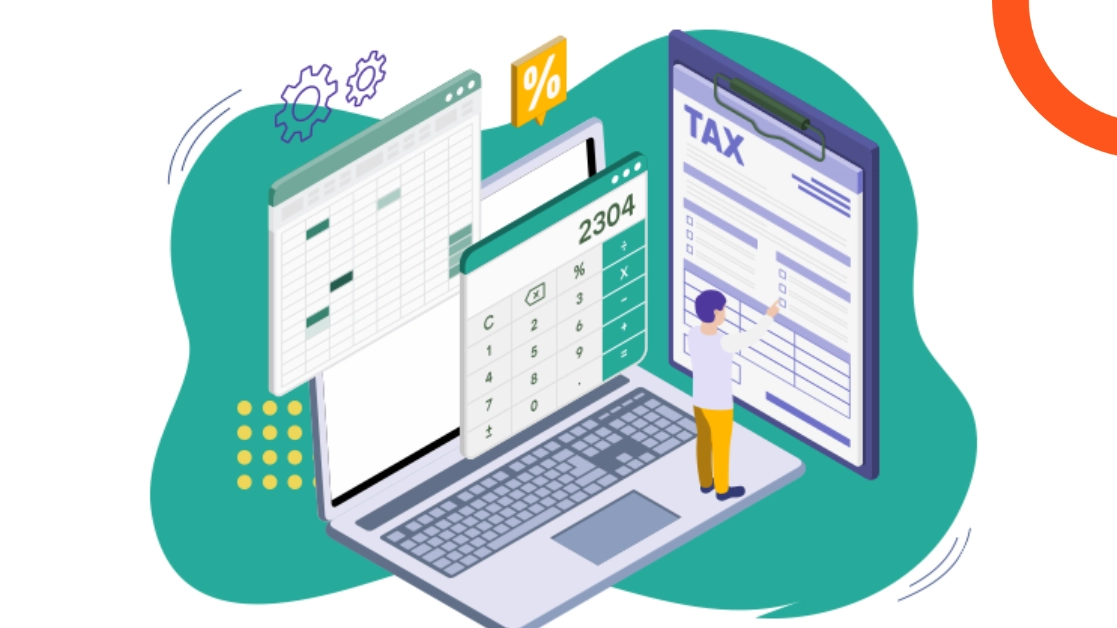
New amendments have been made to the value-added tax system for used cars in Saudi Arabia, and since July 2023, these amendments include changes to the tax rate and how it is calculated. The main data related to used car tax are as follows:-
Value-added tax amount
The value-added tax rate is 15%, and it is calculated based on the net profit the dealer makes from the price difference between purchasing the car and reselling it. The tax is not calculated on the total value of the car as was the case in the previous system, meaning the dealer will pay less tax if the profit is low.
Factors affecting the value-added tax
Several factors affect the calculation and determination of the value-added tax on used cars, including:-
Additional activity
If the person works in another field besides selling used cars, they must pay a tax rate of 15%.
Broker
If a broker is used during the car sale process, a tax may be imposed by the broker.
Final price
The tax value is determined based on the final price of the car after the sales process is completed.
Value-added tax on imported used cars
Value-added tax is imposed on used cars imported from outside the Kingdom for personal use, where the tax is calculated at 15% of the car’s value. Additionally, customs duties of 5% of the imported vehicle’s price are imposed.
Import cases with value-added tax
- Used cars for personal use: A value-added tax of 15% is imposed on their value.
- Customs duties: Customs duties of 5% of the imported vehicle’s price are imposed.
- Vehicle age: The imported car must be five years old to be eligible for purchase from abroad.
- Heavy transport vehicles: Heavy transport vehicles can only be imported if they have been manufactured for 30 years.
Refund of value-added tax for cars
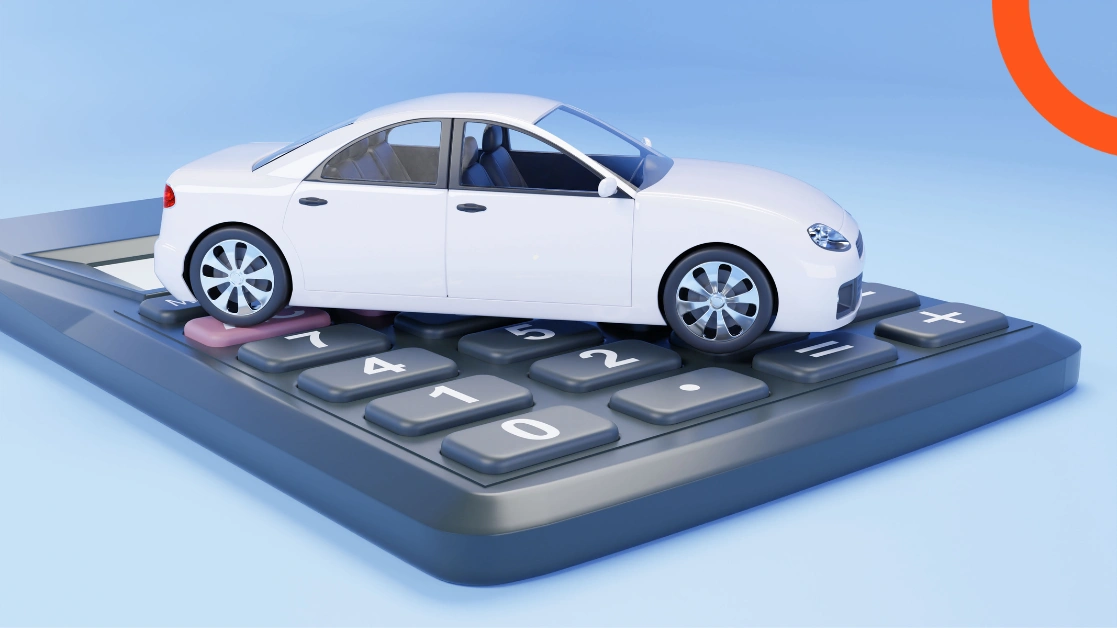
The Zakat, Tax and Customs Authority offers a unique opportunity to refund the value-added tax on cars through simple and easy steps that anyone can follow. If you have paid the value-added tax on the car and wish to refund it, you can do so via the authority’s website by following these steps:-
- Visit the Zakat, Tax and Customs Authority website at the following link: https://zatca.gov.sa/
- From the top menu, choose “Electronic Services”
- From the list of services, choose “Request for VAT Refund”
- Log in using your unique number or email and password (for companies and institutions), or via the Unified National Access Platform (for individuals)
- You will receive a verification code via SMS on your mobile, enter it
- Click on “Refund Payments” in the top menu, then choose “Value-added tax” and click on the “Refund Value-added tax” icon
- A confirmation message regarding payment of obligations will appear, click “Confirm”
- Carefully read the instructions and then click “Confirm”
- Enter all required refund details. You can also add or modify bank account details via “Manage Bank Accounts”
- Click on the “Add New Statement” icon and enter the required bank account details
- Ensure the accuracy of the entered information and then click “Agree”
- Go back to the “Refund Payments” section from the top bar
- Select the appropriate bank account and specify the reference number for the tax refund, then click “Continue”
- You can add attachments (optional), then click “Continue”
- Ensure all the details are correct, then click “Confirm”
- A notification will appear asking you to check the “Agree to Terms” box, then click “Confirm”
- You will receive a notification confirming receipt of your request, and with that, you have successfully completed the tax refund process
Who is entitled to a value-added tax refund?
Some individuals are entitled to a value-added tax refund, especially if they meet the specific conditions and procedures set for this purpose. Below are the main cases where the tax can be refunded:
- Car purchase within the Kingdom: The car must have been purchased within the Kingdom of Saudi Arabia.
- Tax payment upon purchase: The value-added tax must have already been paid upon purchase of the car.
- Application within the specified time period: It is essential to submit the tax refund request within the allowed time period.
- Having an active bank account: The person requesting the refund must have an active bank account to receive refunded amounts.
- Providing required documents: The person must provide all necessary documents, such as invoices and communications.
- Compliance with regulations: The person must comply with all regulations and laws related to the value-added tax.
Where to pay used car tax?
The value-added tax on a used car is paid electronically by submitting a request via the Zakat, Tax and Customs Authority, and this is done through several simple steps, as follows:-
- Access the Electronic Portal of the Authority through the following link: https://zatca.gov.sa/
- Fill out the application form
- Wait for the authority to review and approve the application
- You will receive an approval notification
In conclusion, Saudi Arabia has imposed a value-added tax on used cars to contribute to regulating the market and achieving tax justice, with some exceptions and procedures that individuals must follow and be aware of in application and compliance with imposed laws.
